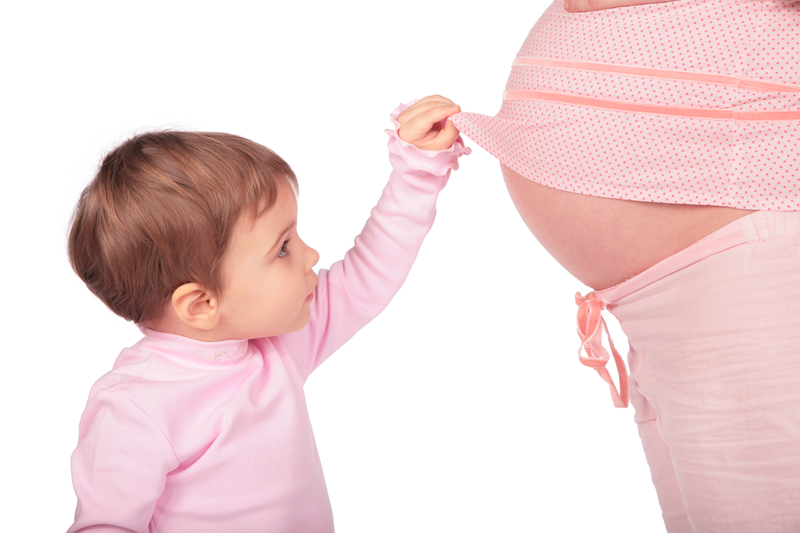And baby makes three… or not

The big family planning issue for most couples used to be how to avoid unexpected pregnancies. As more couples marry later in life, increasingly this is shifting to be how to achieve the number of pregnancies they desire.
In our last column, we discussed the ‘Goldilocks’ principle as it relates to the optimum age to marry in order to minimise divorce risk (Catholic Leader, July 30, 2015 or here). Sociological studies suggest this is somewhere between the mid-twenties and early thirties. Of course there is more to being married than just avoiding divorce and one of these is obviously when and how many children to have.
As it happens, female fertility peaks in the early twenties and begins a rapid decline from the early thirties before ceasing altogether at menopause around the early 50s. Despite increases in life expectancy, the age of menopause has not changed. Male fertility peaks around the same time (early twenties) and begins a slower decay, the impact of which is not really felt until the late forties. Some men may still be fertile into their seventies but at greatly reduced capacity.
None of this is really news, but overlay this biological reality with the societal belief that delaying marriage into your thirties is smart, and we set up our marriages for unnecessary stress.
A new fertility table developed by a scientist in the Netherlands, Dik Habbema, brings this into focus. Crunching data from over 58,000 women his computer modelling concludes that if you want three children, you ideally need to get started by age 23 for a 90% chance of success. If you wait until 35, your chances drop to 50%. As he points out, IVF, which increasingly is being seen as the ‘back-up plan’ for couples, provides no real guarantees. And that is before factoring in the ethical and moral unacceptability of this to many couples, including Catholics.
Now let’s not be overly alarmist; women who delay starting their families past the age of 35 (whether by choice or necessity) will mostly succeed in getting pregnant. It will however often take longer and be more prone to complications with all their associated stresses. Couples can face these challenges when they have to, but for many who were told they were too young in their early twenties to marry and settle down, these are unwelcome and unnecessary consequences.
So let’s get back to basics. There is only one ‘ideal time to marry’ which is as soon as a couple are ready to commit the rest of their lives to each other. They don’t need to have finished their study, bought a house or had the overseas adventure to do this. They don’t need to have ‘found themselves’ or consolidated their ‘identity’. What they do need is a whopping, big dose of real love; the kind of love that says, ‘I’m here for you, in good times and in bad, and I’m willing to sacrifice myself for your good and the future of our relationship and all that it brings.’
That’s the kind of love that isn’t age dependent and can embrace a large family, or the struggle to have one, with confidence.


